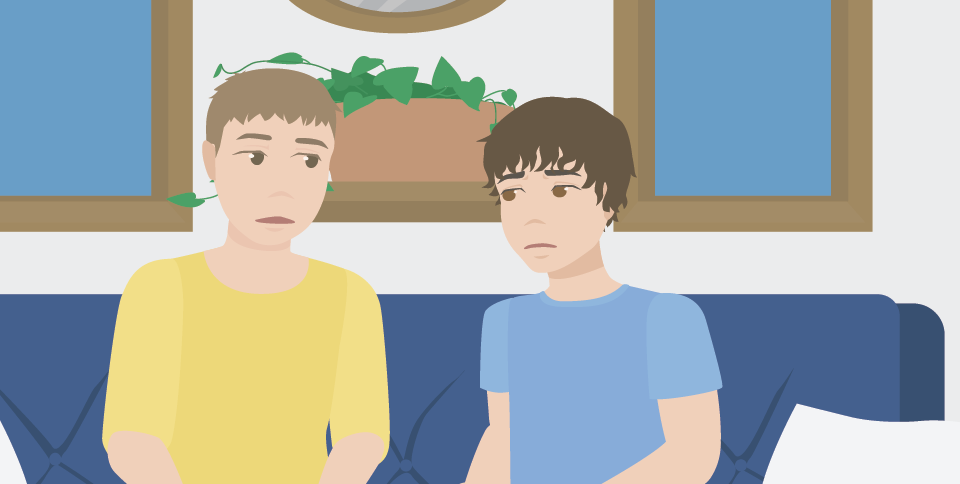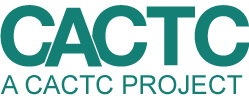As a parent of a child or teen who might be exhibiting signs of alcohol or drug use, it is important to know that there are resources for you right here in Cortland County. Since COVID-19, you might feel like, more than ever, that you have to face this problem alone. Cortland Prevention Resources aims to “promote positive change and build healthy communities” and their team of Prevention Specialists are now offering most of their programs virtually!
Last week I sat down with (separately, in our own home offices) and interviewed (via an email chain) Colin Albro, a Prevention Specialist at Cortland Prevention Resources, to talk about their one on one program Teen Intervene.
Here are some highlights of our “interview:”
Q: What is your background?
Colin: I have been working with Family Counseling Services since 2017 and I am currently pursuing my Masters Degree in Social Work and graduating this May.
Q: What is Teen Intervene?
Colin: Teen Intervene is an evidence-based practice that utilizes the stages of change model, motivational interviewing, and Cognitive Behavioral Therapy or CBT. But that really is just fancy talk meaning that I will help youth to identify and reflect on the idea that their current behavior and substance use may not be in line with their actual values and goals for the future. This program is voluntary, completely confidential, and a safe place for teens to talk about substance use.
Q: What is motivational interviewing?
Colin: It’s a therapy technique used to help enhance a youth’s desire and ability to change a certain behavior.
Q: Who can participate in Teen Intervene?
Colin: The program is targeted towards teens 12-19 years old.
Q: What is the time commitment?
Colin: Teen Intervene is a brief intervention so it can be completed in 2 or 3 one hour sessions.
Q: Can parents refer their kids?
Colin: Yes, however the program is voluntary so the youth must be willing to participate.
Q: How much does the program cost?
Colin: The program is FREE.
Q: Is the program offered virtually?
Colin: We are offering the program virtually via Zoom.
Q: Are parents involved in the program or is it just for teens?
Colin: Parents are encouraged to participate, but the youth must be willing to allow their parents to actively engage in the program. Typically parents will participate in the 3rd session to reflect on how to help their teen maintain positive results and lasting change. We see the most positive results occur when parents or caregivers are involved in this process with youth.
Q: Does the program actually work?
Colin: This is an evidence-based program meaning it has been studied and proven to be effective. However, that doesn’t mean that you will see immediate results. The development of adaptive behaviors and new coping skills takes time to become hardwired into a youth’s brain.
Q: Are there any success stories you can share?
Colin: Overall, the program’s greatest success stories include parental involvement. This program has a special way of facilitating communication between parents or caregivers and youth. Often times, this lack of communication is at the root of the mental or emotional stress that increases youth substance use. These conversations are tricky, and with programs like Teen Intervene, parents do not have to navigate them alone.
If you have any questions about Teen Intervene, or to set up an appointment, please call Colin at 607-756-8970 ext. 255 or email him at calbro@familyscs.org.



